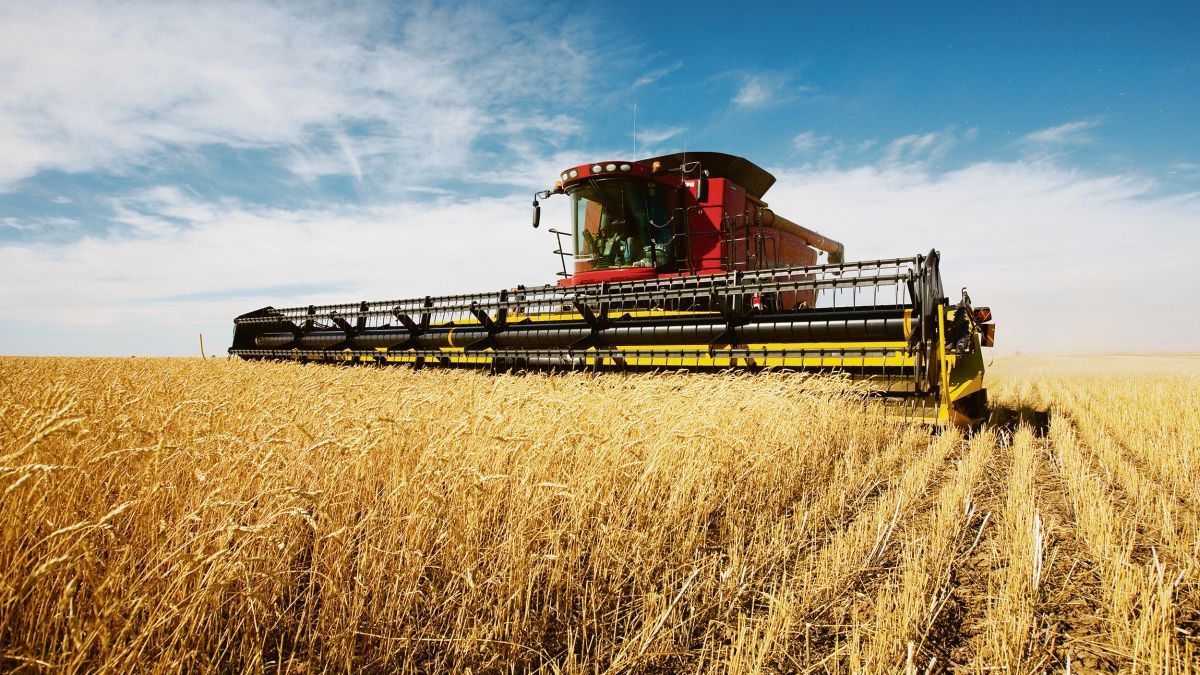We are talking about a revolution in the production model, similar to the industrial revolutions that occurred during past centuries. The historical challenge is to be able to provide food to the population at the same time that production mechanisms address environmental problems and how to reduce the carbon footprint produced by human activity. To achieve this challenge, it is essential that the relevant information for decision-making reaches agricultural producers, who usually obtain information through traditional means, such as exhibitions or specialized publications of the sector and personal communications.
Technology turns out to be the tool that drives this transformation. This is how agriculture 4.0 emerges as a production model that promotes a new way of farming, based on the use of information: it collects and analyzes information about the field with the aim of improving the quality and efficiency of crops and also reducing the impact environmental. Its benefits include an increase in productivity, greater remote and real-time management capacity to improve decision-making, variable dose application and reduction in the use of chemicals. All this while opening the doors to new markets and reducing the impact on the environment.
One of the most relevant factors when facing this transformation has to do with the efficiency with which these technologies can operate in crops, that is, under what standards they work, what are the foundations with which they implement solutions and if the results they yield are functional for the operation of the agro-industrial business. In this line, a few years ago we launched GeoSURA, a platform so that our Insureds can monitor the main climatic indicators -such as rainfall, probability of hail, extreme temperatures-. Thus, through digital techniques we can provide relevant information for business decision making.
In short, it is essential to understand that this industry requires specific knowledge and that the producer of agricultural insurance is a specialized professional who has the necessary training so that there is a real understanding of the problems of the sector and thus offer solutions that meet the risks inherent to the industry, such as frost, wind or drought. To this is added the incorporation of devices and software, a resource that more and more farmers use and verify that agriculture 4.0 is here to stay and that the industry must be part of these digital transformations.
Leader of the Agro Segment in SURA
Source: Ambito
David William is a talented author who has made a name for himself in the world of writing. He is a professional author who writes on a wide range of topics, from general interest to opinion news. David is currently working as a writer at 24 hours worlds where he brings his unique perspective and in-depth research to his articles, making them both informative and engaging.




